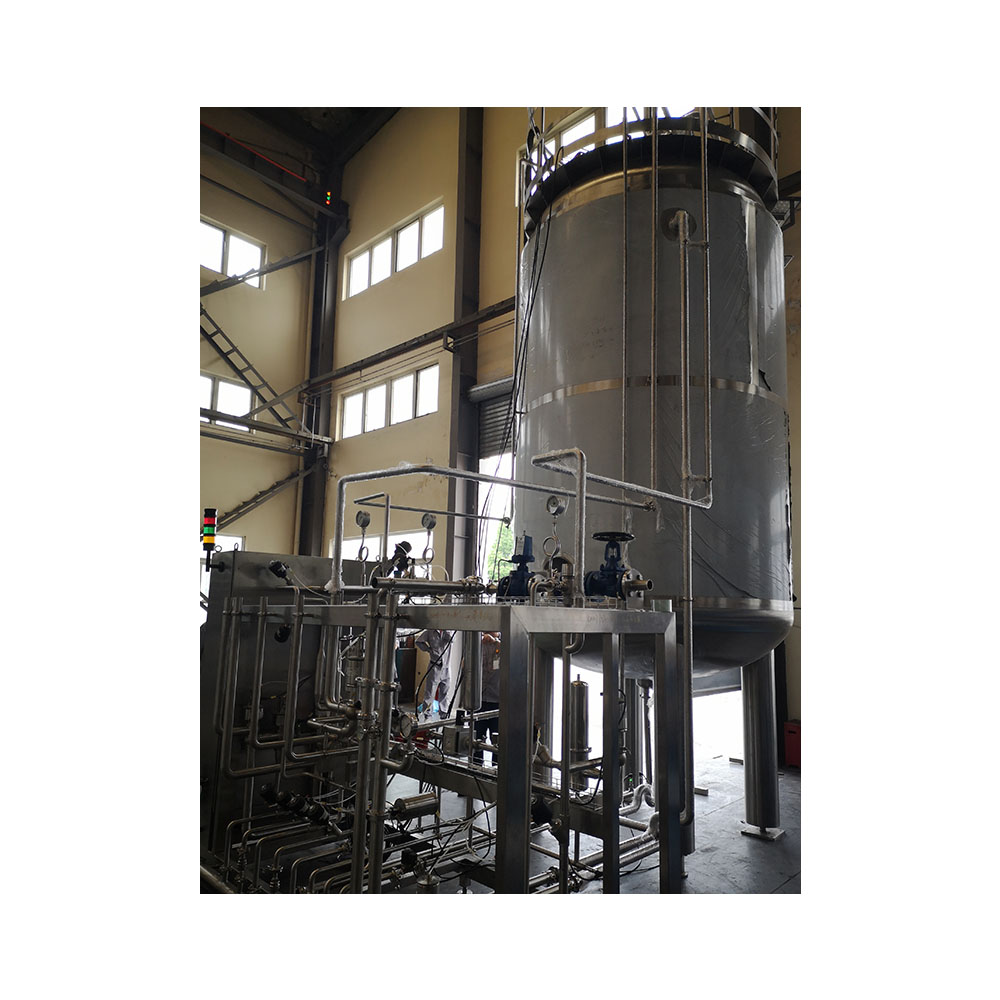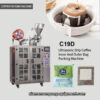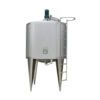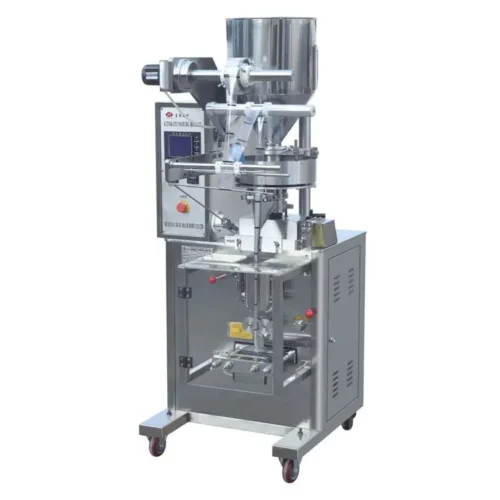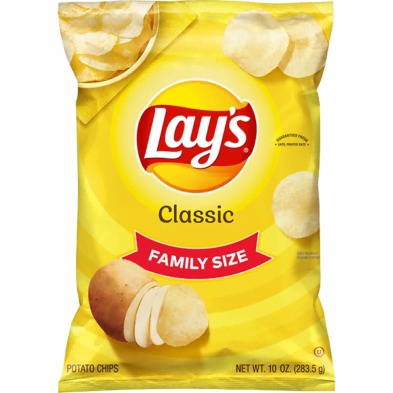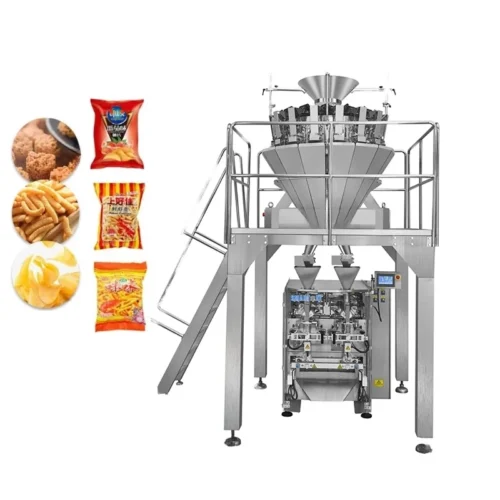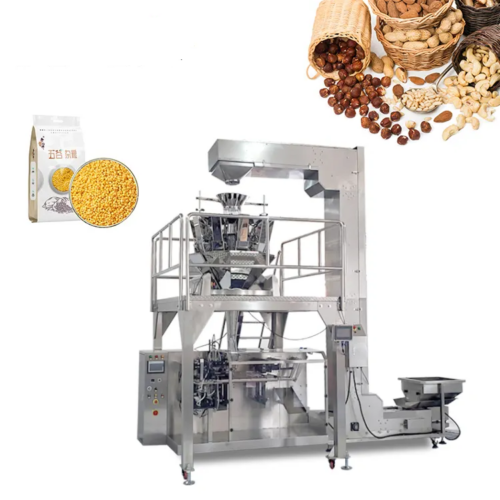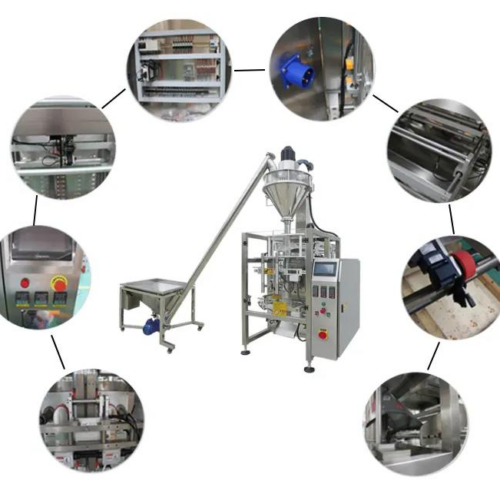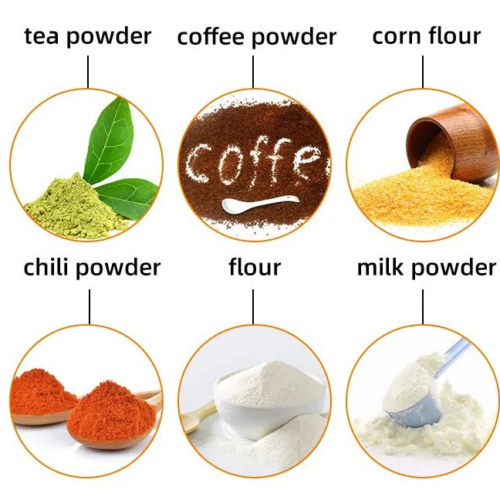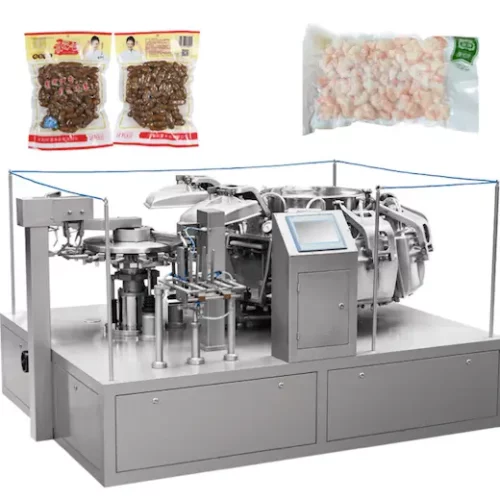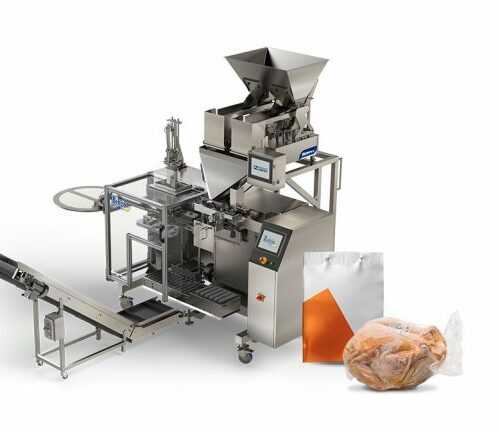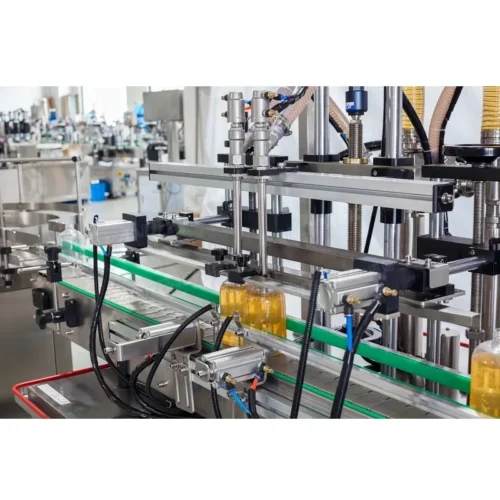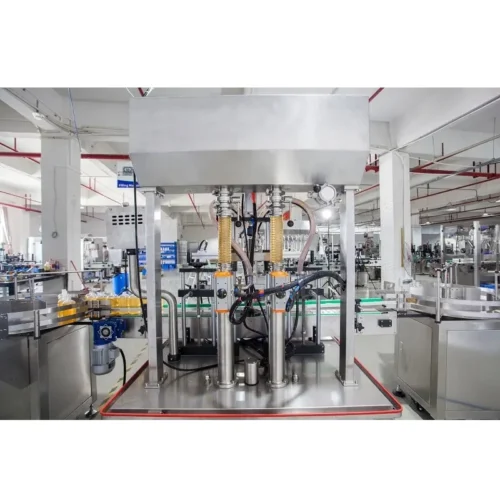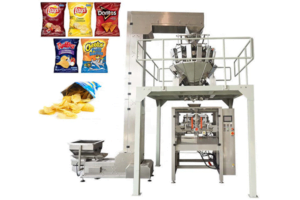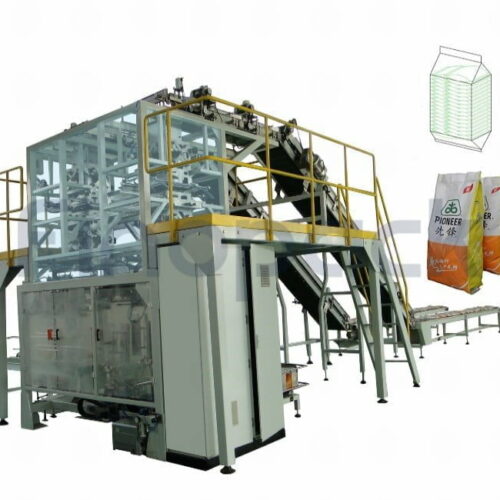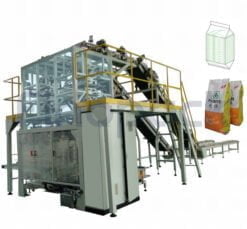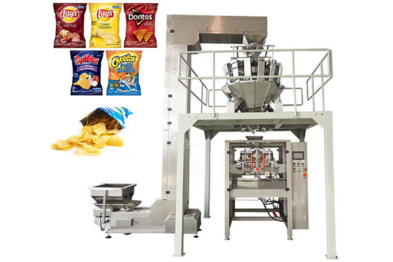Types and Applications of Aseptic Tanks:
Aseptic tanks play a pivotal role in the food and beverage industry, ensuring that products remain uncontaminated and retain their freshness for extended periods. These tanks are designed to store aseptic food products before filling, making them indispensable for industries such as dairy, fruit juice, and other beverage factories.
Different Volumes and Their Specific Uses: Aseptic tanks come in various sizes, catering to different industry needs. Some of the standard volumes include 10T, 15T, 20T, and 30T. However, customization options are available for businesses with specific requirements. For instance:
- 10T Aseptic Tank: Ideal for small-scale production units or specialty products.
- 20T and 30T Aseptic Tanks: Suitable for medium to large-scale factories with higher production demands.
Industries That Benefit the Most: While aseptic tanks are versatile, certain industries benefit significantly from their features:
- Dairy Industry: Milk, cheese, and other dairy products require stringent hygiene standards. Aseptic tanks ensure that these products remain free from contaminants.
- Fruit Juice Manufacturers: To retain the natural taste and nutrients of fruit juices, it's crucial to store them in a contamination-free environment. Aseptic tanks provide that assurance.
- Beverage Factories: Whether it's soft drinks, energy drinks, or other beverages, maintaining the product's quality is paramount. Aseptic tanks offer a solution to store these beverages safely.
In conclusion, aseptic tanks, with their varied volumes and applications, are a boon for the food and beverage industry. They ensure product safety, quality, and longevity, making them an investment worth considering for businesses.
Production Process:
Manufacturing Excellence: The production of aseptic tanks, particularly in China, is a meticulous process that combines technological advancements with skilled craftsmanship. The tanks are manufactured under stringent quality control measures to ensure they meet the global standards and can cater to the diverse needs of the food and beverage industry.
Quality Assurance: Quality is paramount in the manufacturing process. From the selection of materials like SUS304 and SUS316L stainless steel to the implementation of manufacturing protocols, every step is taken to ensure the aseptic tanks are of the highest quality. This includes rigorous testing and quality checks to ensure durability and reliability in various operational conditions.
Technological Integration: Modern aseptic tanks are integrated with technology to enhance functionality and user-friendliness. For instance, the inclusion of a PLC Full-auto Control system ensures that the tank operates optimally, maintaining the aseptic conditions required for food and beverage storage.
Adherence to Standards: The manufacturing process strictly adheres to international and local standards, ensuring the aseptic tanks are safe for food and beverage storage and comply with export regulations. This adherence to standards also ensures that the tanks are environmentally friendly and sustainable.
Instructions for Machine Use:
Setting Up:
- Positioning: Ensure the aseptic tank is positioned in a clean, contamination-free area.
- Connection: Connect the tank to the necessary power sources and control panels.
Operation:
- Filling: Ensure that the product being filled into the tank is of the highest quality and has undergone necessary pre-treatment.
- Monitoring: Regularly monitor the tank’s parameters, such as temperature and pressure, using the integrated control system.
Maintenance:
- Cleaning: Utilize the CIP cleaning ball to ensure the tank is thoroughly cleaned and sterilized before and after use.
- Inspection: Regularly inspect the tank for any wear and tear or damage to ensure optimal functionality.
Safety Protocols:
- Handling: Ensure that all operators are trained in handling the aseptic tank safely.
- Emergency Procedures: Have clear guidelines and procedures for any emergency situations, such as leaks or contamination incidents.
Questions International Buyers Should Ask Chinese Suppliers:
When sourcing aseptic tanks or any other machinery from China, international buyers often have a series of questions to ensure they're making the right investment. Here are some critical questions they should consider:
- Certifications: Does the company have the necessary certifications and compliances for manufacturing and exporting aseptic tanks?
- Customization: Can the company customize the aseptic tanks based on specific requirements?
- After-Sales Service: What kind of after-sales service and warranty does the company offer?
- Shipping and Logistics: How does the company handle shipping, and what are the associated costs?
- Volume Discounts: Are there any discounts available for bulk purchases?
- Lead Time: How long does it take from placing an order to delivery?
- Quality Control: What quality control measures does the company have in place during the manufacturing process?
- Material Source: Where does the company source its materials from, and do they ensure it's of the highest quality?
- Reference Clients: Can the company provide references or testimonials from previous international clients?
- Future Support: Does the company offer support in terms of parts and servicing in the future?
Why Choose PkgMach.com:
Origin and Presence: Founded in China, PkgMach has established itself as a global name, providing a comprehensive platform for sourcing packing machines, including aseptic tanks.
Product Diversity: Their extensive product range caters to diverse business needs, from salt packaging machines to rotary capping machines.
Commitment: PkgMach's dedication goes beyond just selling machines. They ensure businesses thrive with the right packaging solutions, offering quality, reliability, and continuous support.
Tailored Solutions: Recognizing the unique needs of each client, PkgMach provides customized solutions, ensuring optimal results for every business.
Reputation: Their reputation as a quality manufacturer ensures that international buyers are making a sound and reliable investment.
Pricing and Cost Factors:
The cost of an aseptic tank can vary based on several factors:
- Material: The choice between SUS304 and SUS316L stainless steel can influence the price.
- Volume: Larger tanks, such as the 30T variant, might be priced higher than the smaller 10T version.
- Customization: Any specific customizations or additional features can add to the cost.
- Shipping and Logistics: Depending on the destination, shipping costs can significantly influence the overall price.
- Volume Discounts: Ordering in bulk can lead to discounts, reducing the per-unit cost.
- Additional Components: Features like the PLC Full-auto Control system might add to the overall cost.
FAQ about Aseptic Tanks:
Q1: What is an aseptic tank?
- Answer: An aseptic tank is a specialized storage container designed to maintain products in a contamination-free environment, ensuring they remain fresh and uncontaminated for extended periods.
Q2: Why is the material choice (SUS304 and SUS316L stainless steel) important for aseptic tanks?
- Answer: These materials are chosen for their durability, resistance to corrosion, and compliance with food safety standards, ensuring the longevity and safety of the stored products.
Q3: Can I customize the volume of the aseptic tank?
- Answer: Yes, while there are standard volumes available, many manufacturers, including Shanghai Hightek (HTK) Machinery Co., Ltd, offer customization options based on specific business requirements.
Q4: How often should I clean the aseptic tank?
- Answer: It's recommended to clean the tank after each use, especially when changing the type of product stored. Regular cleaning ensures the tank remains contamination-free.
Q5: What's the difference between the aseptic tank and a regular storage tank?
- Answer: An aseptic tank is specifically designed to maintain an aseptic (sterile) environment, preventing any microbial contamination, while a regular storage tank might not have such stringent contamination controls.
Q6: How does the PLC Full-auto Control system enhance the functionality of the aseptic tank?
- Answer: The PLC Full-auto Control system automates various operations of the tank, ensuring optimal conditions are maintained consistently, and reduces manual monitoring.
Q7: Is training required to operate the aseptic tank?
- Answer: While the tank is designed for ease of use, it's recommended that operators undergo training to understand its functions fully and ensure safe and efficient operation.
Q8: What industries benefit the most from using aseptic tanks?
- Answer: Industries such as dairy, fruit juice production, and other beverage factories benefit significantly due to the need for maintaining product freshness and preventing contamination.
Q9: Are there any safety protocols to follow while using the aseptic tank?
- Answer: Yes, operators should be trained in handling the tank safely, regularly inspect for any damages, and have clear guidelines for emergencies like leaks or contamination incidents.
Q10: Where can I purchase a high-quality aseptic tank?
- Answer: Reputable suppliers like Shanghai Hightek (HTK) Machinery Co., Ltd and platforms like PkgMach.com offer high-quality aseptic tanks tailored to specific industry needs.

